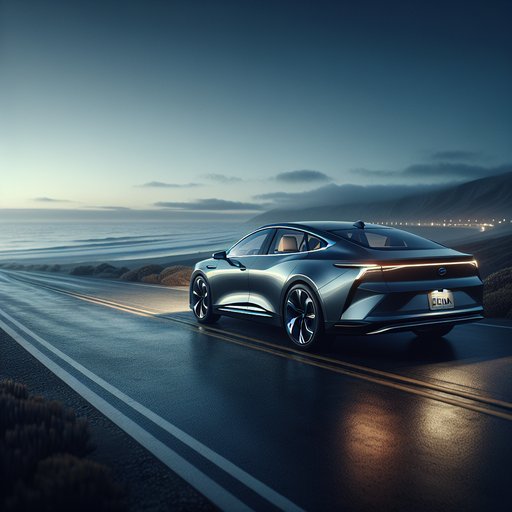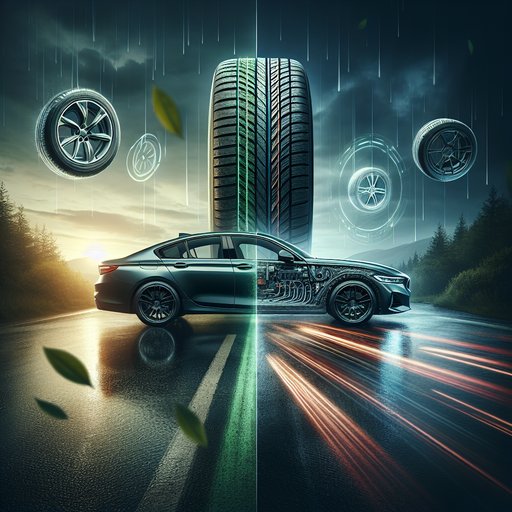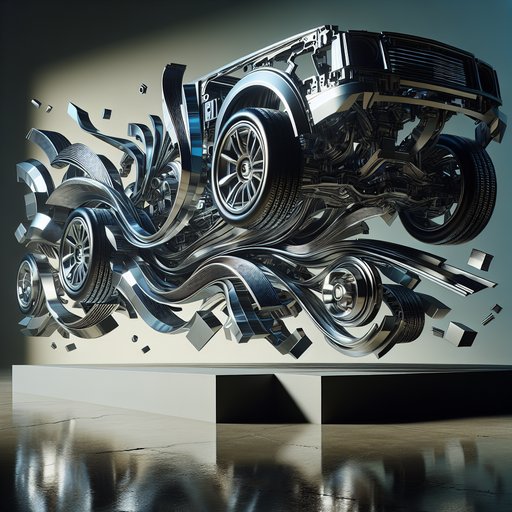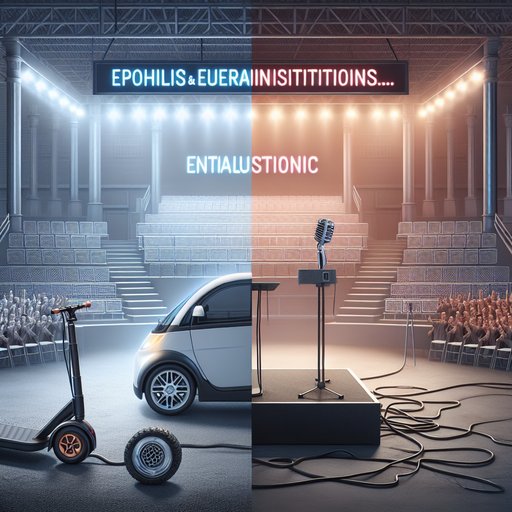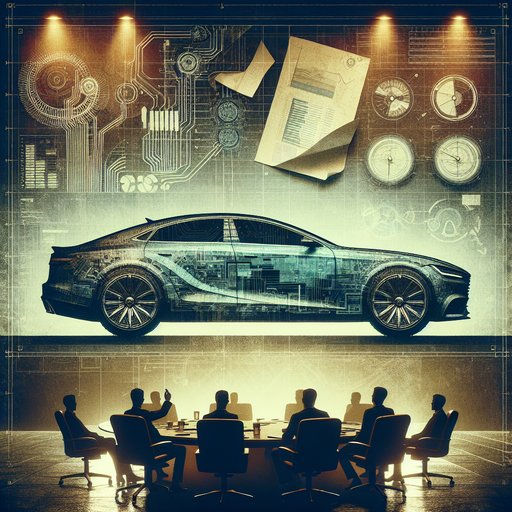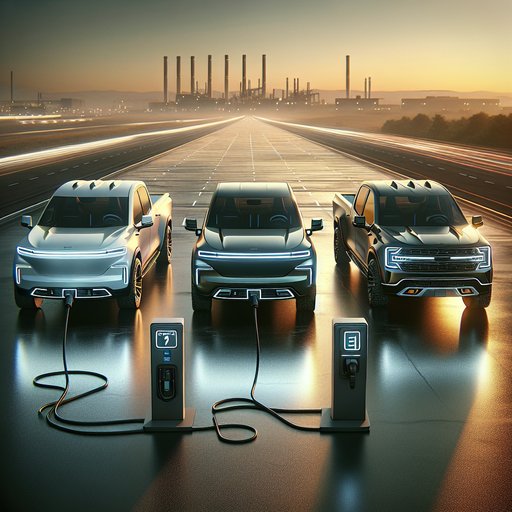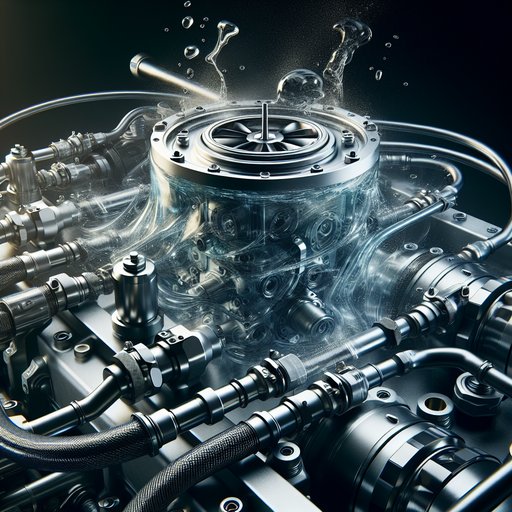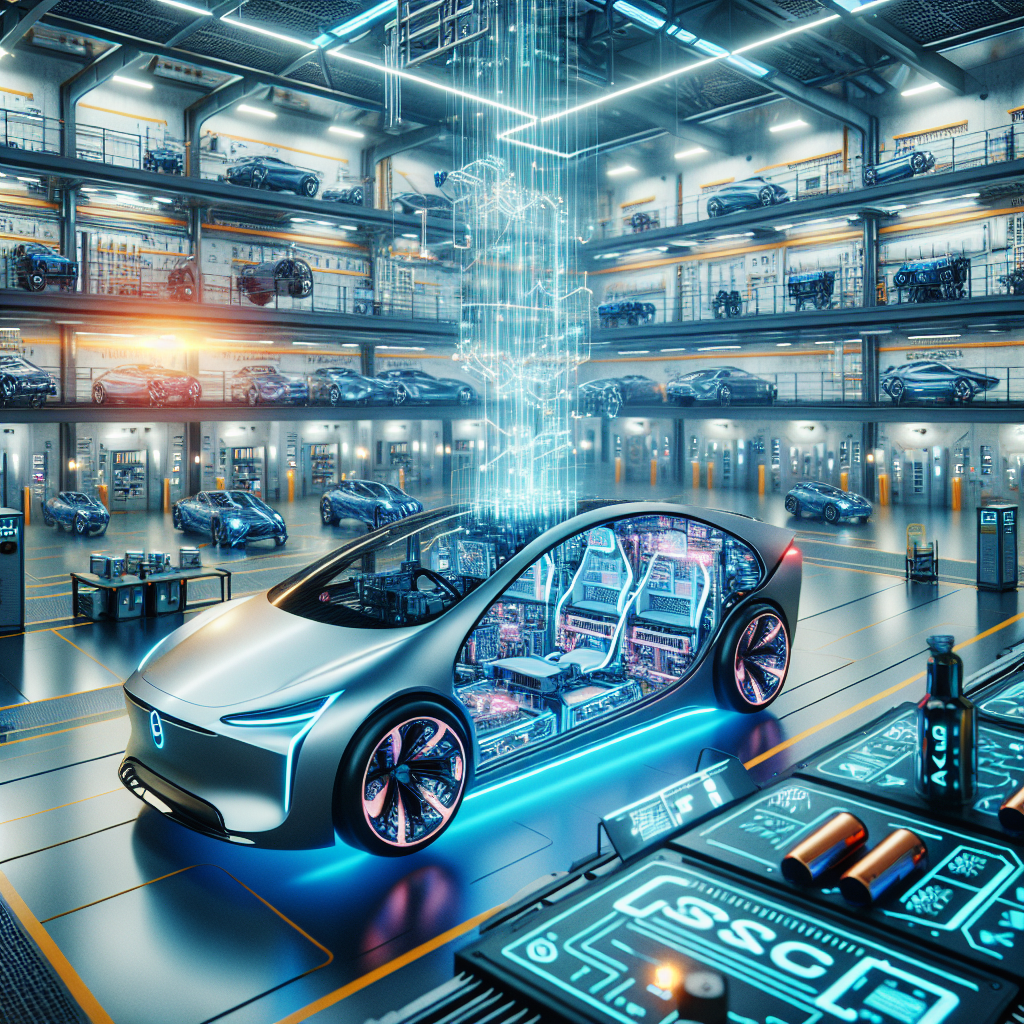
Major automotive manufacturers are making significant strides in solid-state battery technology, promising to revolutionize electric vehicle capabilities. Mercedes-Benz has achieved a remarkable milestone in real-world testing, while Volkswagen Group advances its development timeline, suggesting a transformative shift in EV technology is approaching faster than previously anticipated.
In a groundbreaking demonstration, Mercedes-Benz has showcased the potential of solid-state battery technology with an EQS prototype completing an impressive 749-mile journey from Stuttgart to Malmö without requiring a recharge [1]. This achievement represents a significant leap forward in addressing range anxiety concerns that have historically limited EV adoption.
The Volkswagen Group has accelerated its solid-state battery development program, aiming to have road-ready solid-state cells by 2030. The company has already begun testing these revolutionary cells in Ducati motorcycles, with plans to adapt the technology for their automotive lineup [2].
Mercedes-Benz is further cementing its position in the electric vehicle market with the upcoming GLC EQ, which promises a 435-mile range [3]. This development demonstrates how current-generation battery technology continues to evolve while manufacturers simultaneously work on next-generation solutions.
The Volkswagen Group's commitment to electric mobility extends beyond battery technology, with the company making significant progress toward affordable EVs. Despite initial challenges, the group has successfully developed platforms for £22,000 entry-level electric vehicles across its brands [4].

